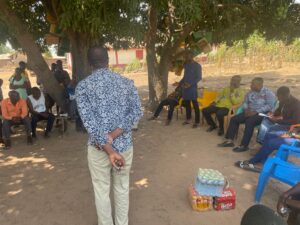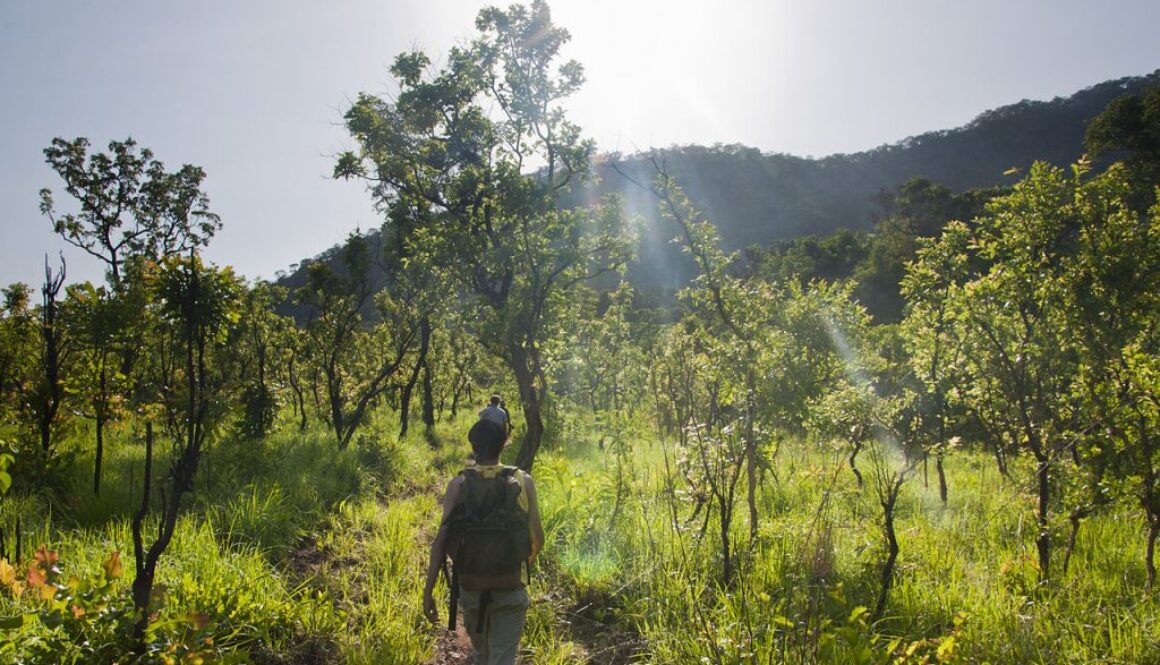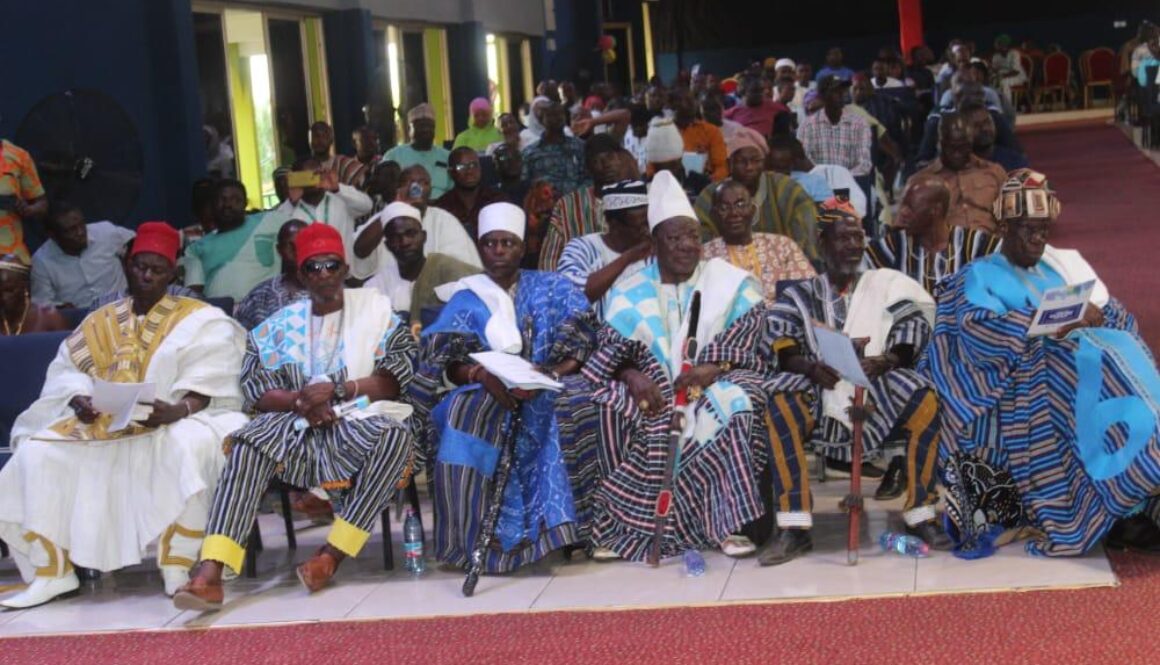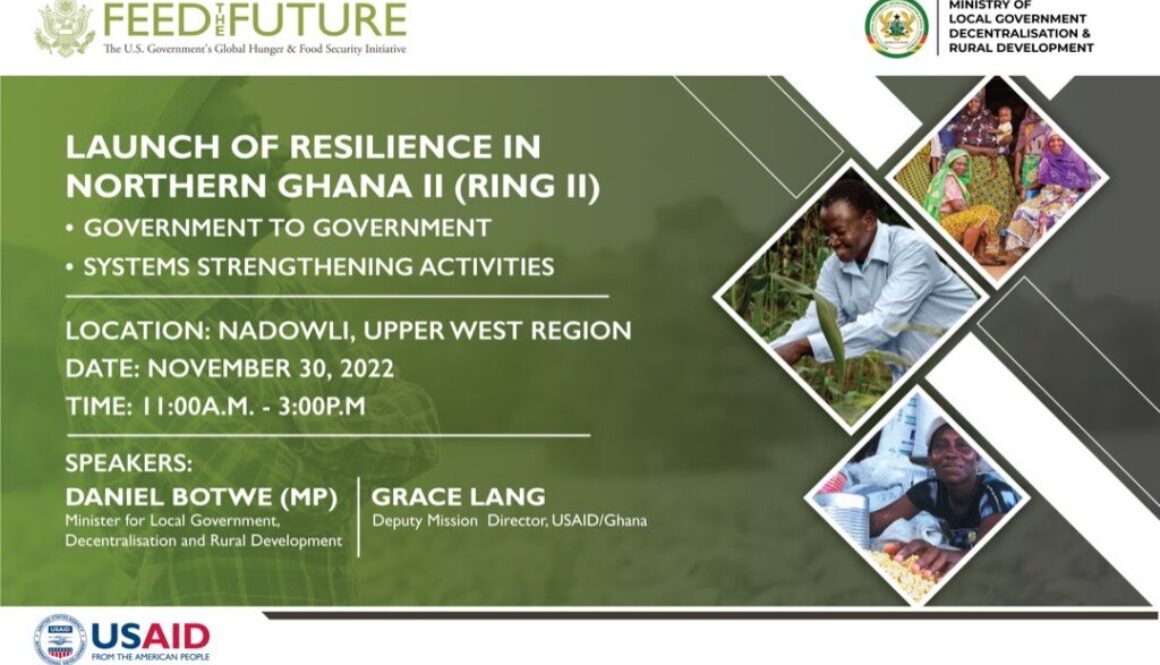The Ministry of Local Government, Decentralisation and Rural Development (MLGDRD) in collaboration with implementing Regional Coordinating Councils and District Assemblies will launch the Resilience in Northern Ghana II (RING II) at Ghana’s Upper West Regional District of Nadowli on Friday, November 30, 2022.
The RING II program aims to sustain improvements in the delivery of services that promote the nutrition and resilience of vulnerable populations in northern Ghana. This forms part of the Government to Government and systems strengthening activities.
The happenings of the launch will bring together stakeholders from both national, sub national and the local level to exhibit, share experience, achievements as well as have testimonials by RING I beneficiaries.
Speakers for the occasion include Minister for Local Government, Decentralisation and Rural Development, Daniel Botwe (MP), Deputy Mission Director, USAID Ghana, Grace Lang and Upper West Regional Minister, Hon. Hafiz Bin Salih.
RING II will target nutritional vulnerable populations with high prevalence of stunting, anemia and micronutrient deficiencies, food insecurity, particularly: children under five, with a special focus on the first thousand days of life; pregnant and lactating women; and adolescent girls.
To achieve the program goal, RING II will work toward the Local government’s plan, finance and deliver local services that promote nutrition and household resilience. Citizens participate in mechanisms to improve the delivery of social sector services; National and sub-national levels plan and deliver effective project governance and grant administration.
The MLGDRD, Metropolitan Municipal and District Assemblies (MMDAs), and Regional Coordinating Councils (RCCs) will receive targeted financial and technical assistance to implement evidence-based interventions and strengthen their institutional capacity to help in achieving the objectives of the program.
The program which is financed by the USAID through a Development Grant Agreement with Government of Ghana (GOG) will be implemented over a period of five years (2021-2026) and will be led by the MLGDRD in collaboration with the Office of the Head of Local Government Service (OHLGS), National Development Planning Commission (NDPC) and the Regional Coordinating Councils (RCCs) of the participating District Assemblies.
This grant will be implemented through a progressive approach, including application of “nutrition-resilient” specific indicators through which the MMDAs are incentivized to improve the delivery of social services that are essential to improve household nutrition and resilience, including health, nutrition, agriculture extension, water and sanitation, education and social protection. The grant will strengthen the enabling environment for local planning, financing and delivery of quality of services through policy reforms, technical assistance and other interventions.
The implementation will be evidence-based interventions with activities to be geographically focused in 17 Districts in four Regions; however, the relative emphasis placed on each intervention and specific delivery mechanisms chosen may differ amongst districts to accommodate divergent epidemiological, demographic, programmatic context and situational realities.
The beneficial regions and their districts to benefit from the initiative are: Upper West Region (Daffiama Bussie-Issa, Nadowli-Kaleo, Sissala East, Sissala West, Wa West); Upper East Region (Bawku Municipal, Bawku West, Garu Tempane); North East Region (East Mamprusi, Mamprugu Moagduri) and Northern Region (Yendi, Gushegu, Mion,Nanton, Karaga, Sagnarigu).
The GOG and USAID anticipate seeing sustained delivery of services that lead to improved nutrition, food security and well-being of target populations, as measured by indicators such as increased minimum acceptable diet of children 6-23 months; and women’s dietary diversity score.
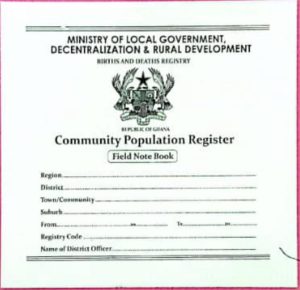

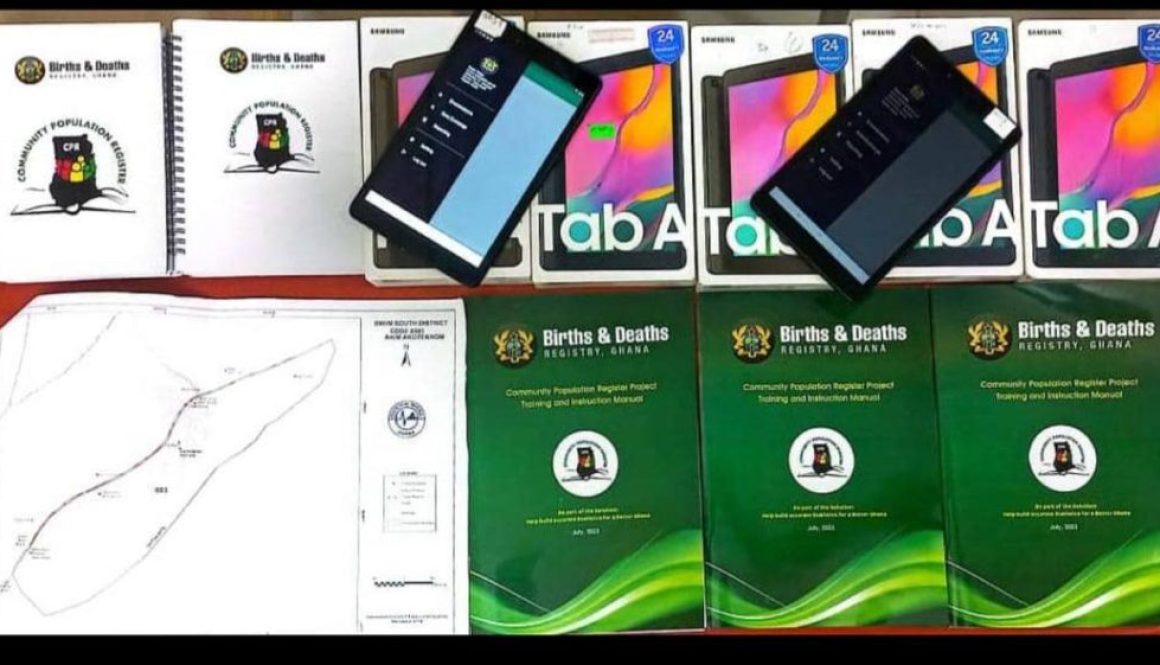
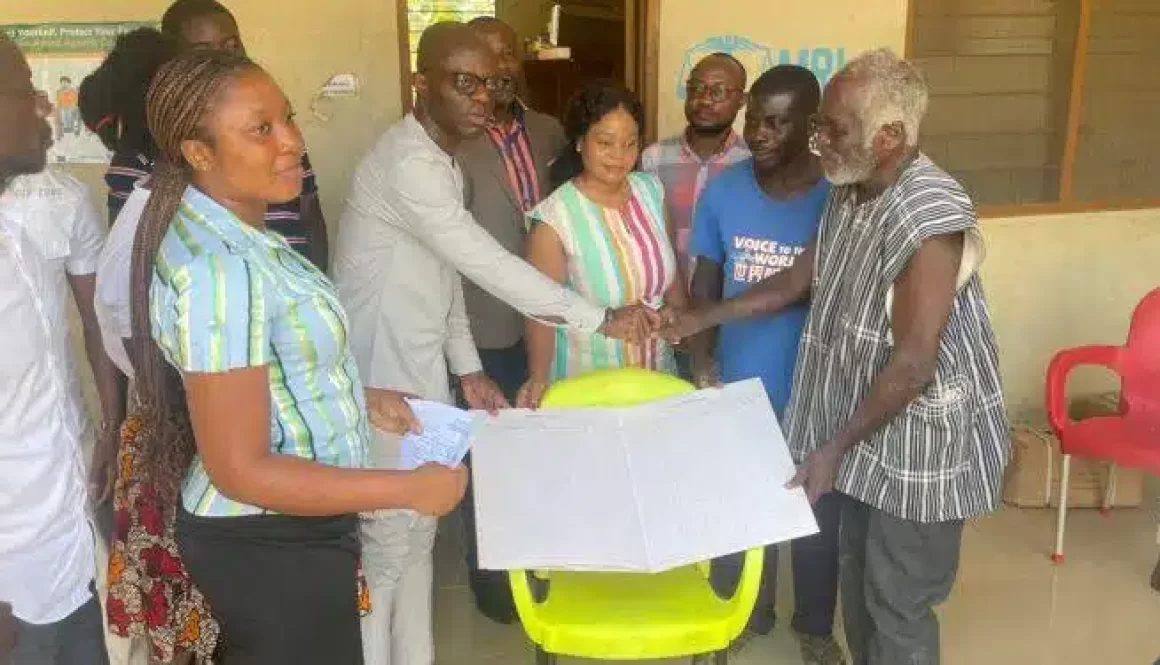
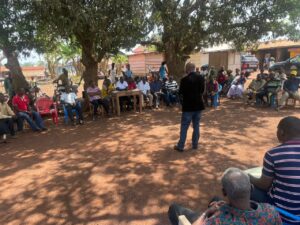 Against this backdrop, Henrietta Lamptey, the Ag. Registrar of the Births and Deaths Registry is spearheading the implementation of this initiative.
Against this backdrop, Henrietta Lamptey, the Ag. Registrar of the Births and Deaths Registry is spearheading the implementation of this initiative.